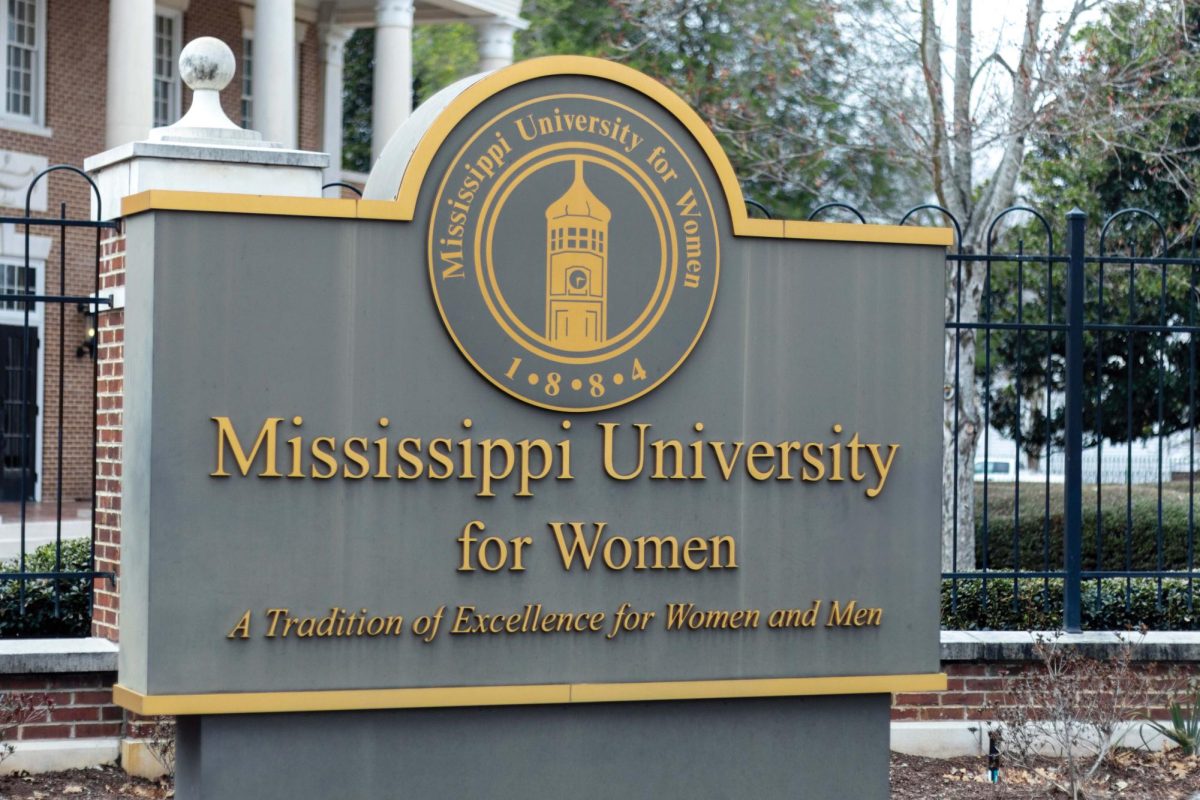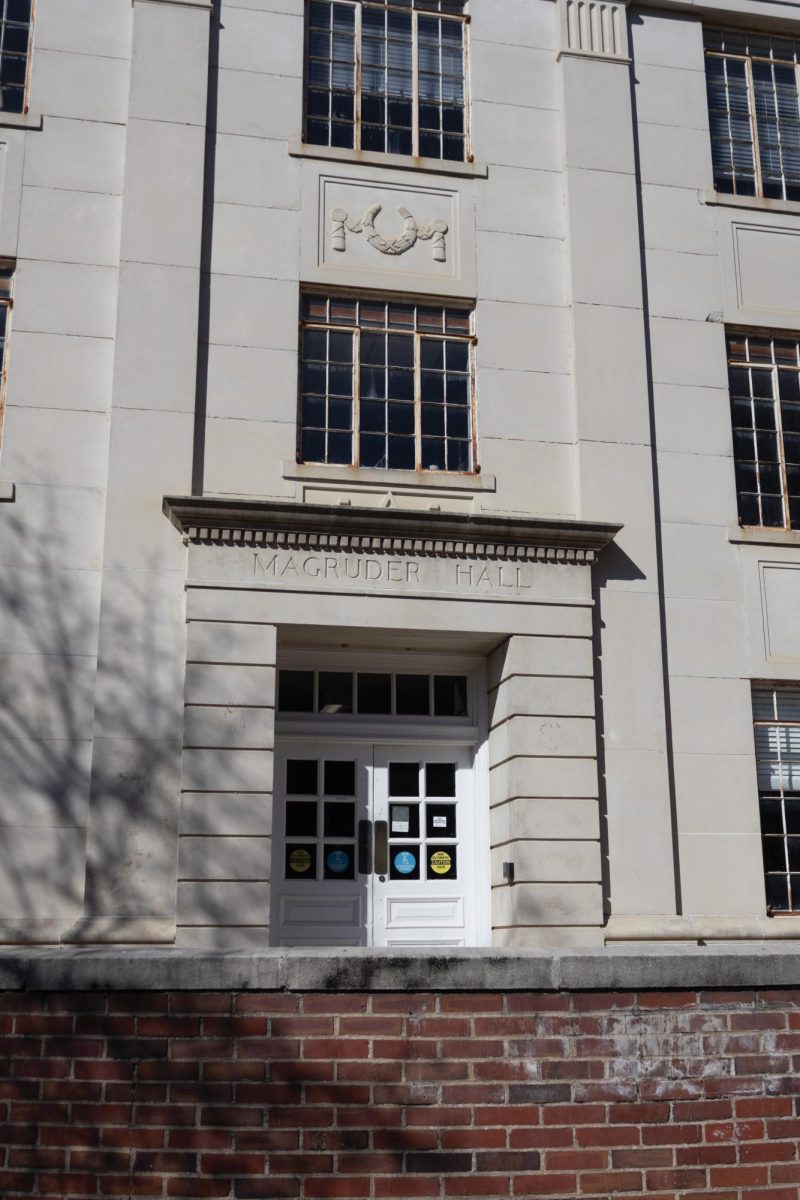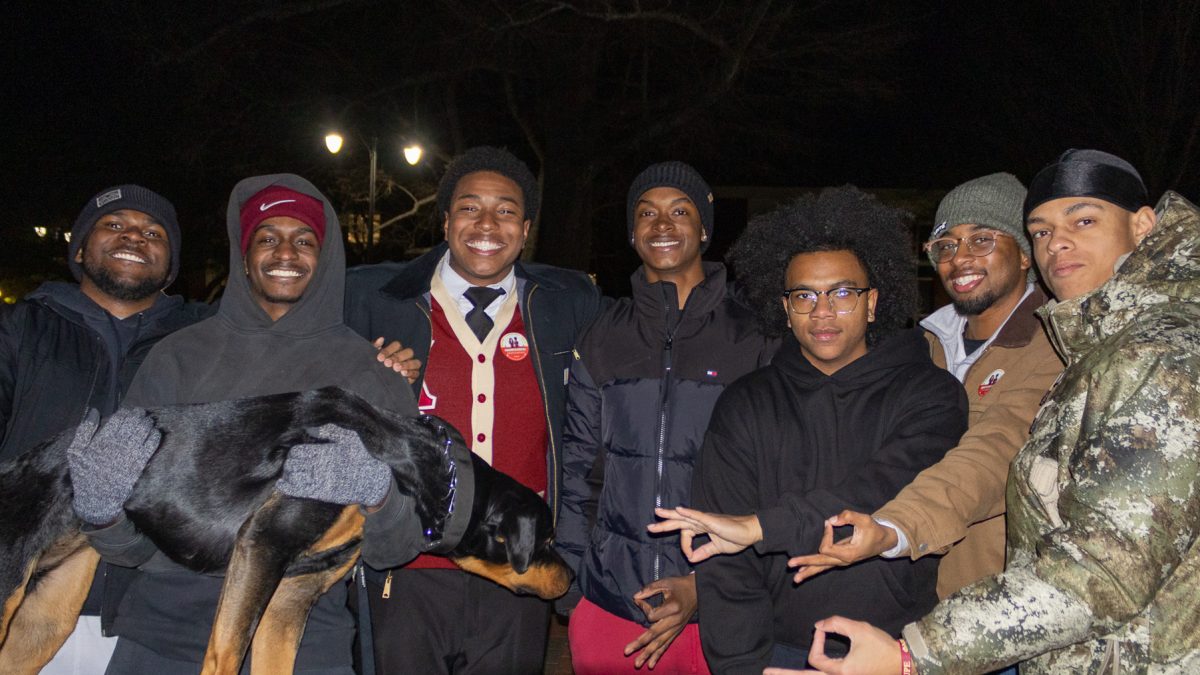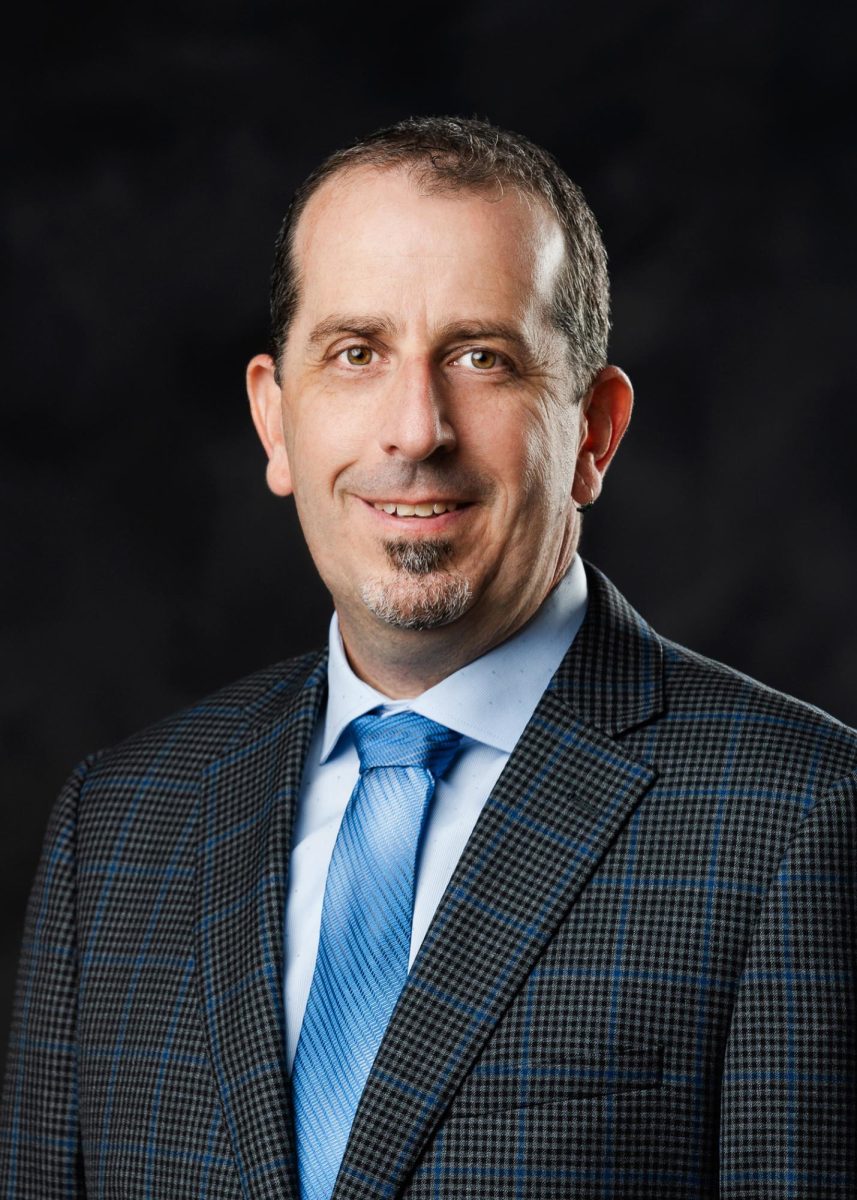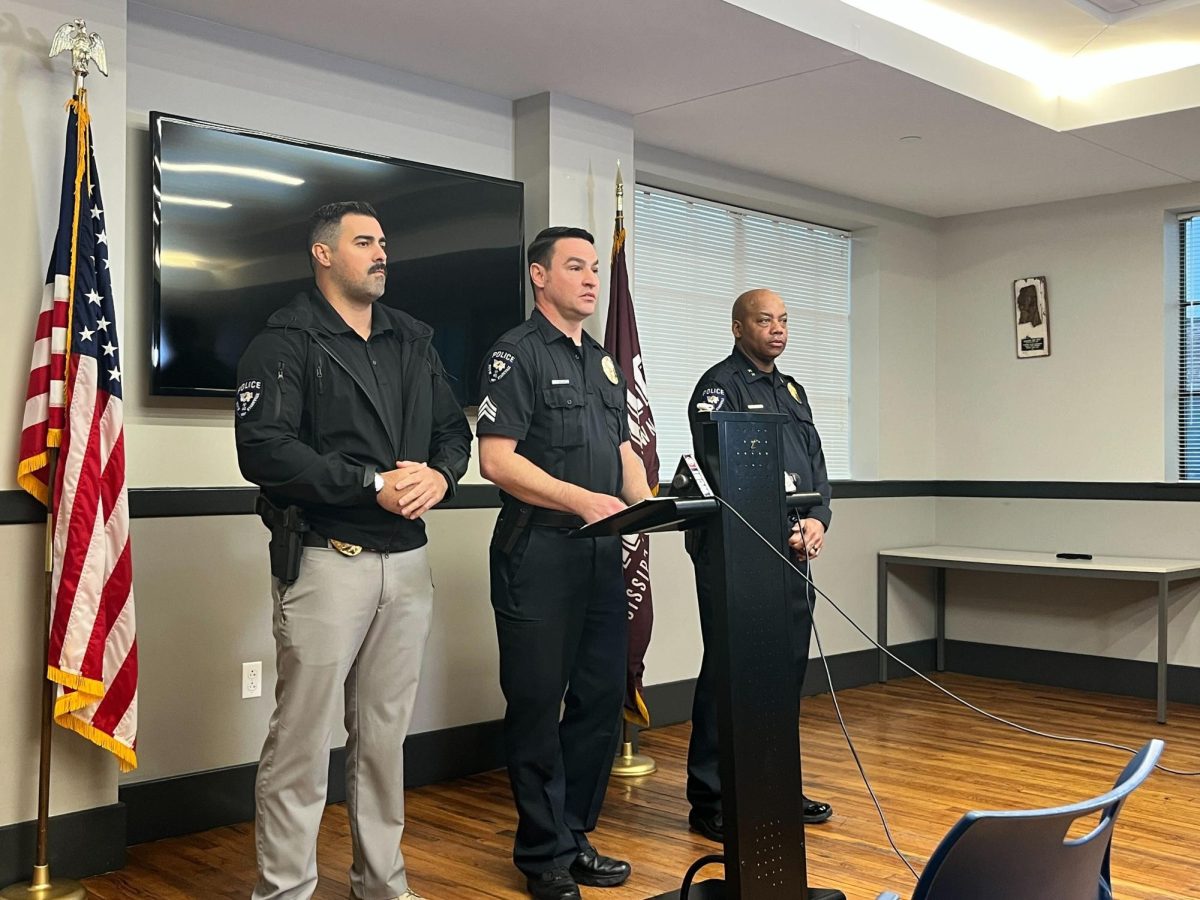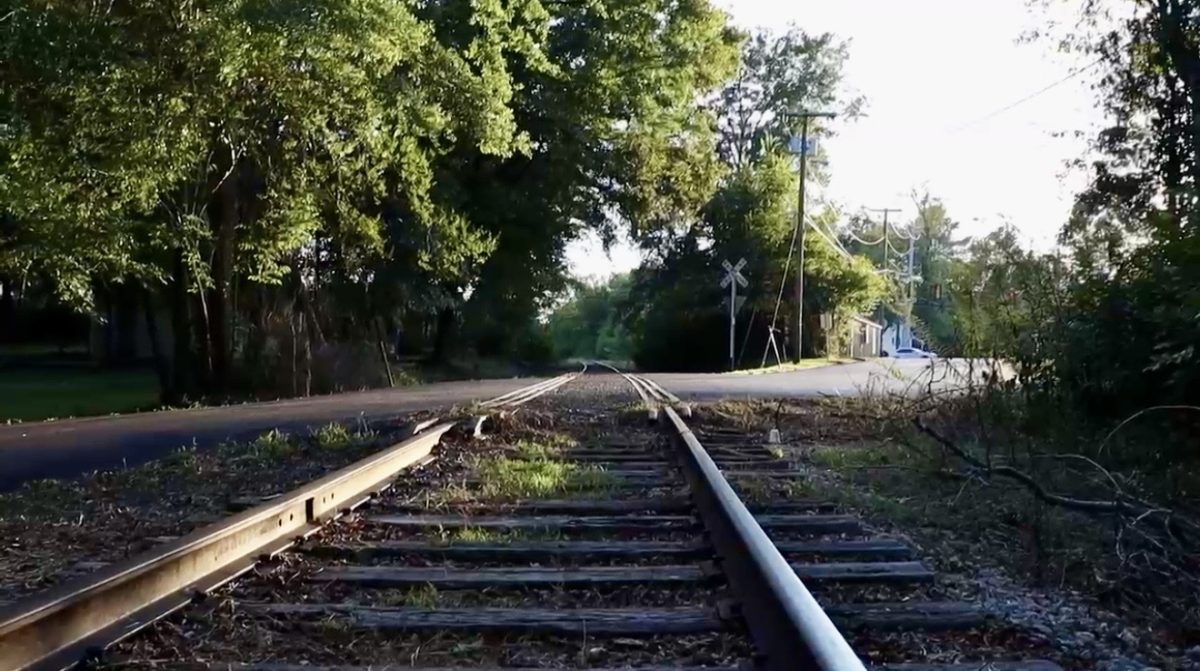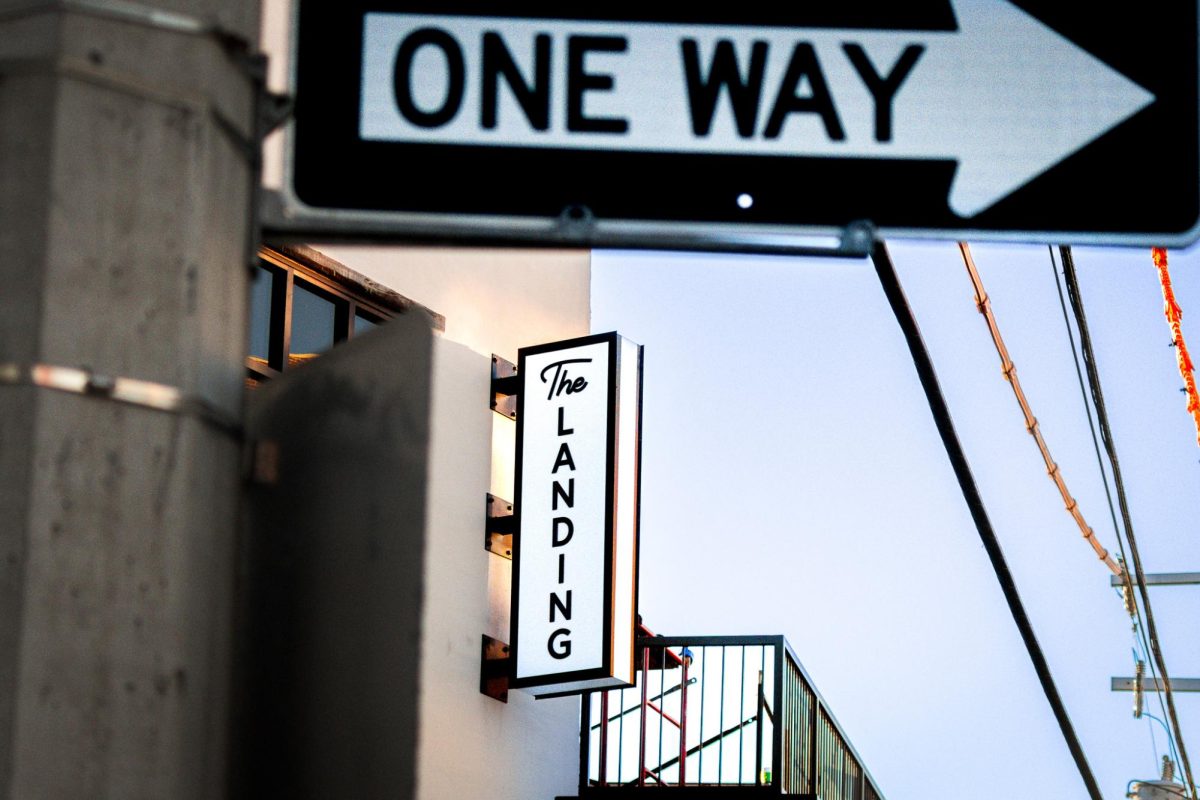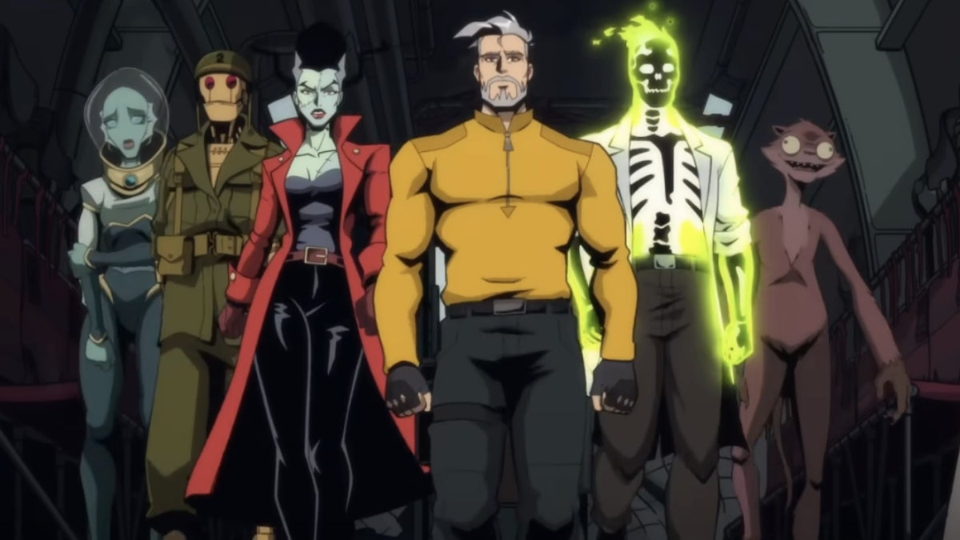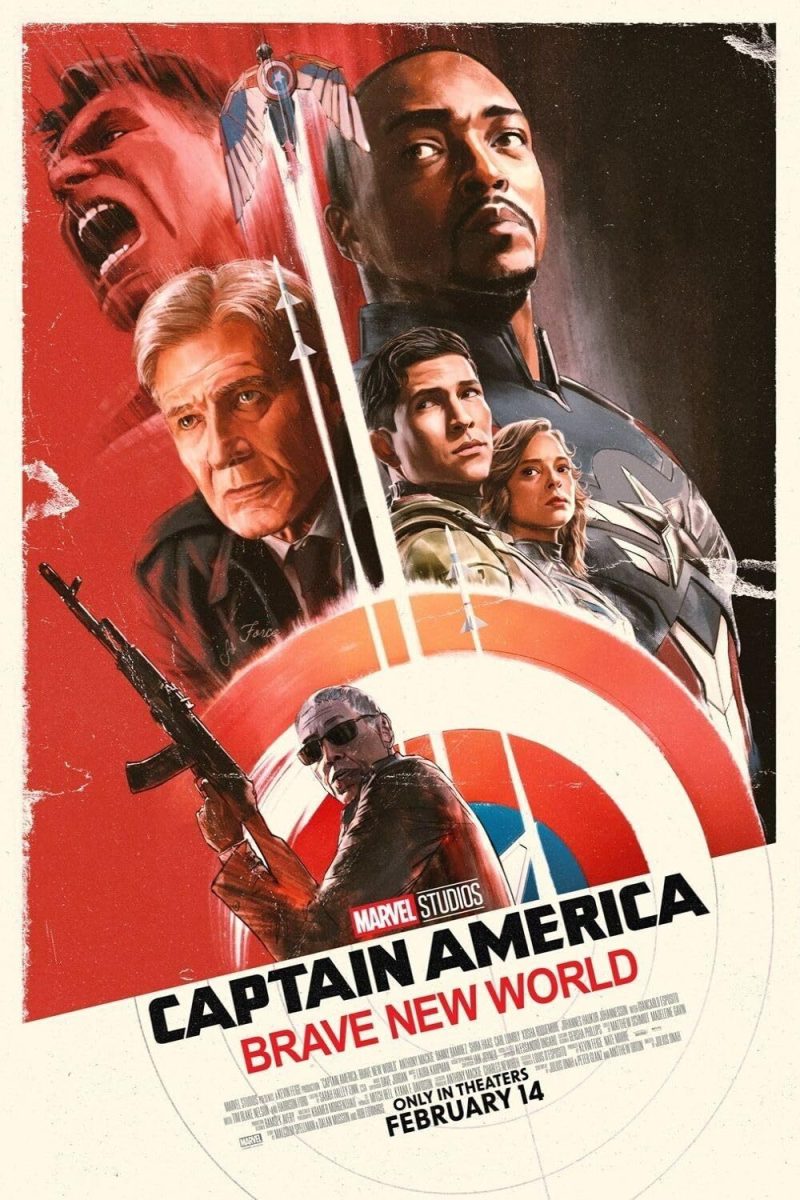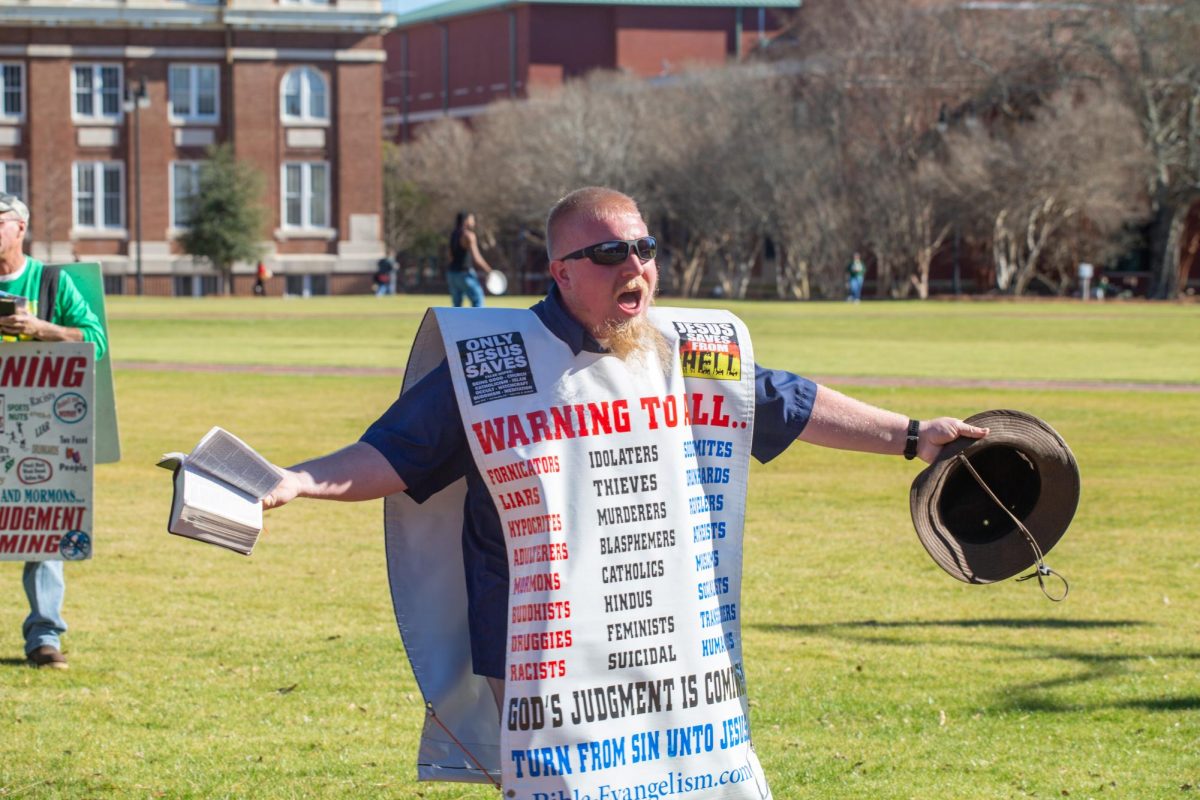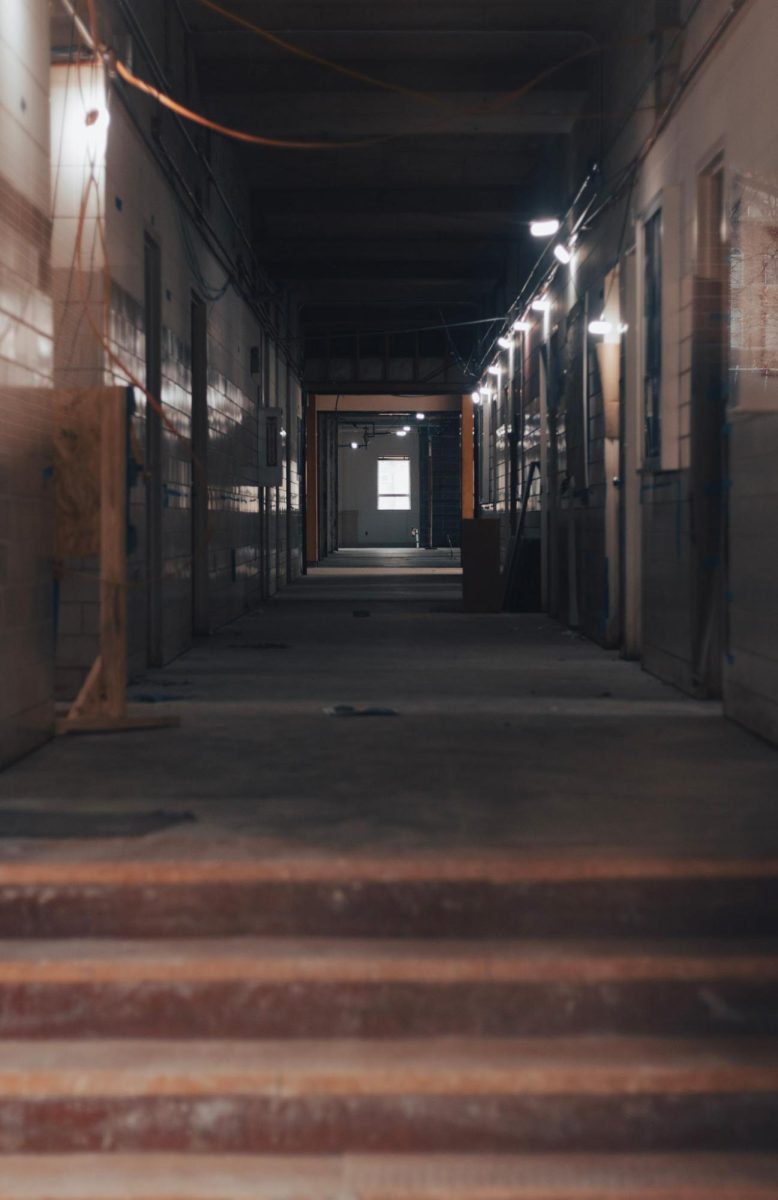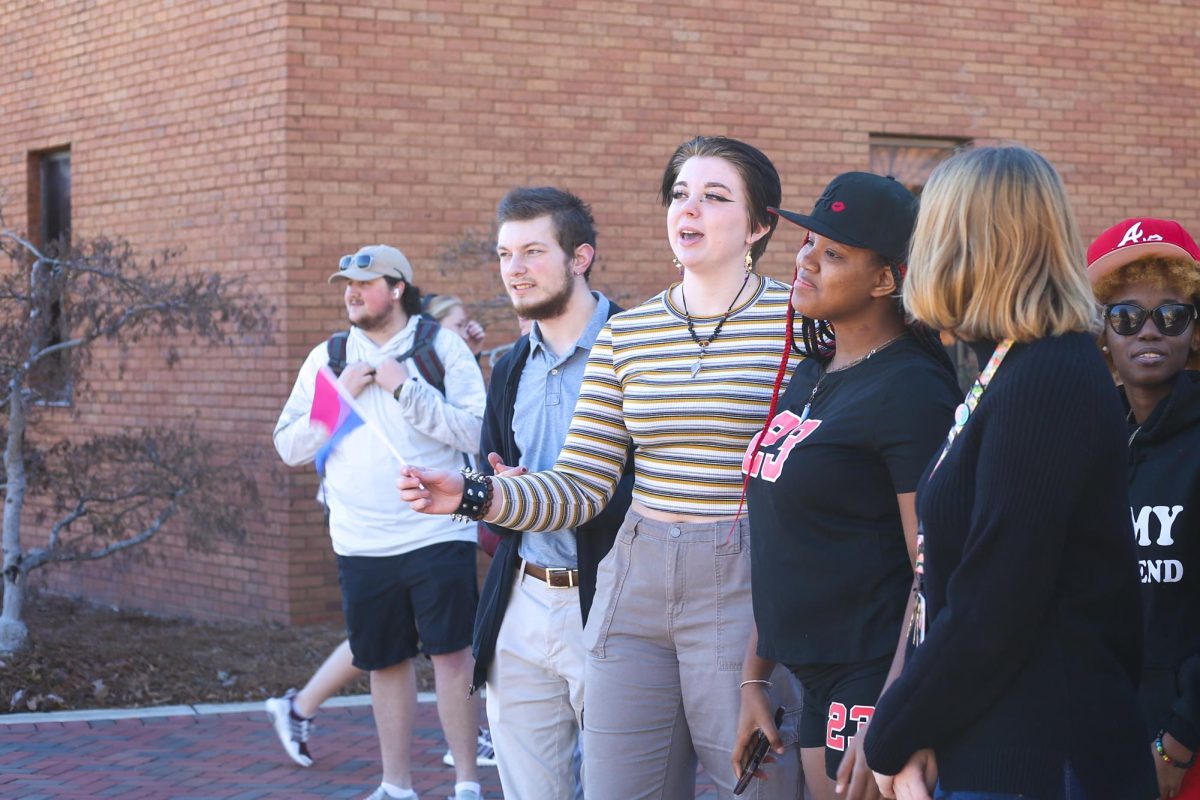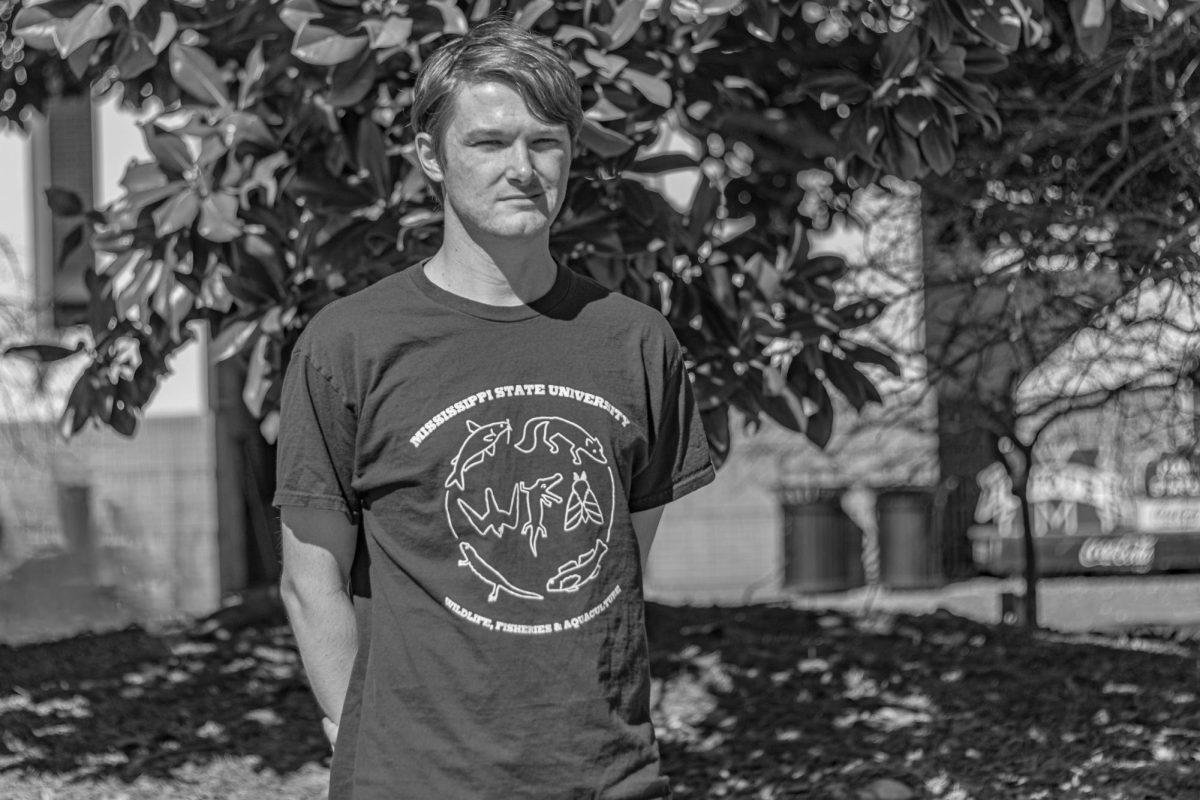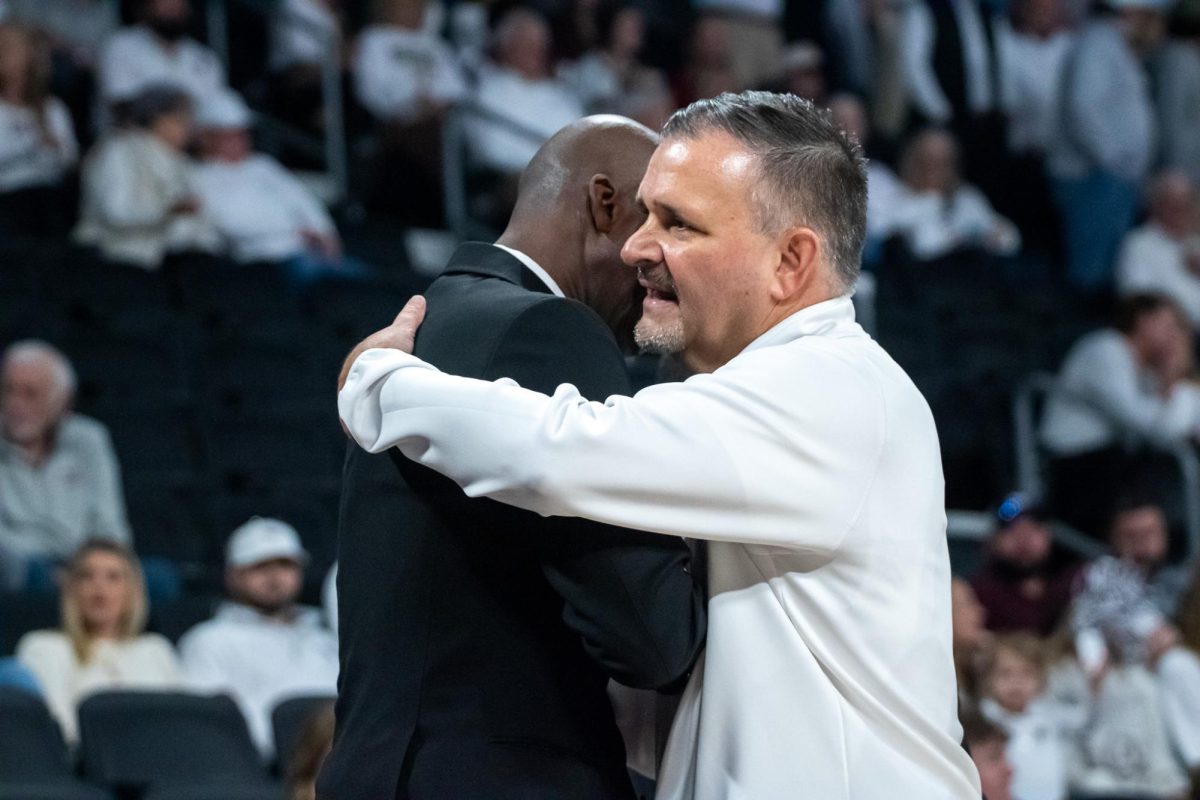I am probably one of the least qualified people to write an opinion article on the events which have transpired in Ferguson, Missouri, over the past several months. I am unsure, if anything, I can even begin to speak to the depth of the situation.
A town slashed by grisly racial wounds that run deeper than any of us can likely fathom, Ferguson and its occupants, in addition to those who have kept track of the events over the past several months, have been the center of an increasingly polarizing conversation.
Perhaps what is most unfortunate is exactly this polarization. The racial conflict that “post-racial America” is dealing with at this point is a political problem. For many, wrongful deaths require one to have a positive or negative opinion.
“Did he deserve to be shot?”
Our answer to this transcendent question informs our racial and ethnic worldview. It reduces the lives of men and women to a simple ‘yes’ or ‘no.’ Since when did the lives of people — the lives of human beings — devolve into the conversational equivalent of a budget amendment or foreign policy decision in which people can and should take sides?
These issues have roots much deeper than many of us realize. Police officers should never be shot. I think in most cases, the same is true of humans at large. When President Obama says there is “no excuse for criminal acts,” I echo him with a resounding, “Amen!”
However, to stop addressing the issue here would be to treat a mighty oak as a dandelion. Criminal activity — whether it consists of rioting, shootings or anything like them — is condemnable, and it should be. We should absolutely react in disgust when two police officers are shot and killed, whether intentionally or accidentally. But to see this event as a lone tree instead of as part of the forest in which it exists robs our not-so-post-racial society of the opportunity to start healing itself.
For this wound to begin to clot, we must realize that it actually exists. It’s been 50 years since the Civil Rights Act of 1964. As a society, we have come quite a long way, and that is to be commended. But we still have a long way to go. Societies entrenched in a culture like that of slavery for 300 years do not change so radically in just 50. Change and progress should be applauded, but we must also acknowledge that redlining and gerrymandering have hampered the effectiveness of the advances of the last half century. The Department of Justice report regarding the Ferguson Police Department should be incredibly compelling evidence of this.
We must also acknowledge the limits of our own reasoning, which are influenced by our own experience. I and my friends that look like I do, come from the same background as I do and hold similar opinions to me should be very wary about making general statements with regard to the events and responses of the past several months. I hesitate to speak for anyone else, but never in my life have I been inconspicuously followed through a department store or stared at in a convenience store because the manager thought I might be a thief. The subtle, tacit exhibitions of racism still alive in America are something I have never experienced. The cultural realm of my understanding does not have a response to that because it was never an issue for me. This fact puts a premium on the effort to understand our brothers and sisters and the backgrounds they come from as they process through these events.
I think, perhaps wrongly, the question of justice and justification is important, but is one of effect and not cause. It is an important, even essential, question to answer. It seems to me the cause is at least twofold. There is a great deal of pain, if that is even an appropriate word to use, on one side of this issue. On the other is an attempt to dwarf or dismiss that pain by saying, “It’s been 50 years.” Nevermind how full of subtle discrimination those 50 years were and continue to be. What is the first bandage to rip off? Maybe it is open, honest and respectful dialogue. Maybe it is something else. Whatever it is, it cannot be violent response, but just as equally, it cannot be a total dismissal of a struggle with which many of us are unfamiliar. As always, society must continue to improve and progress. But we must also realize we are society.



